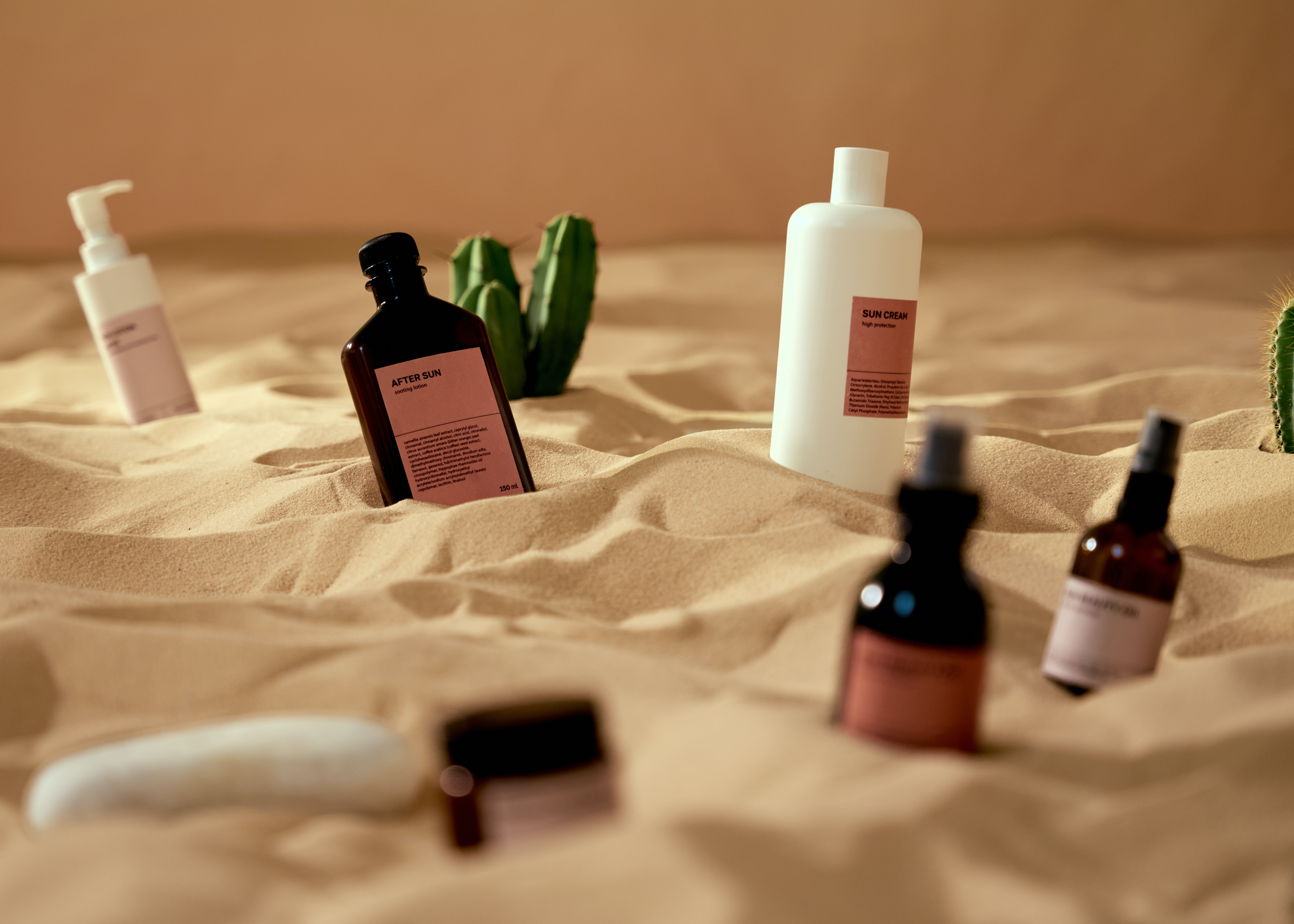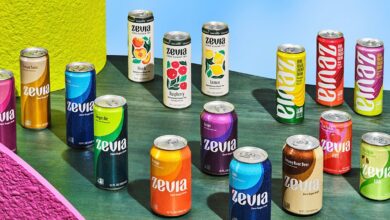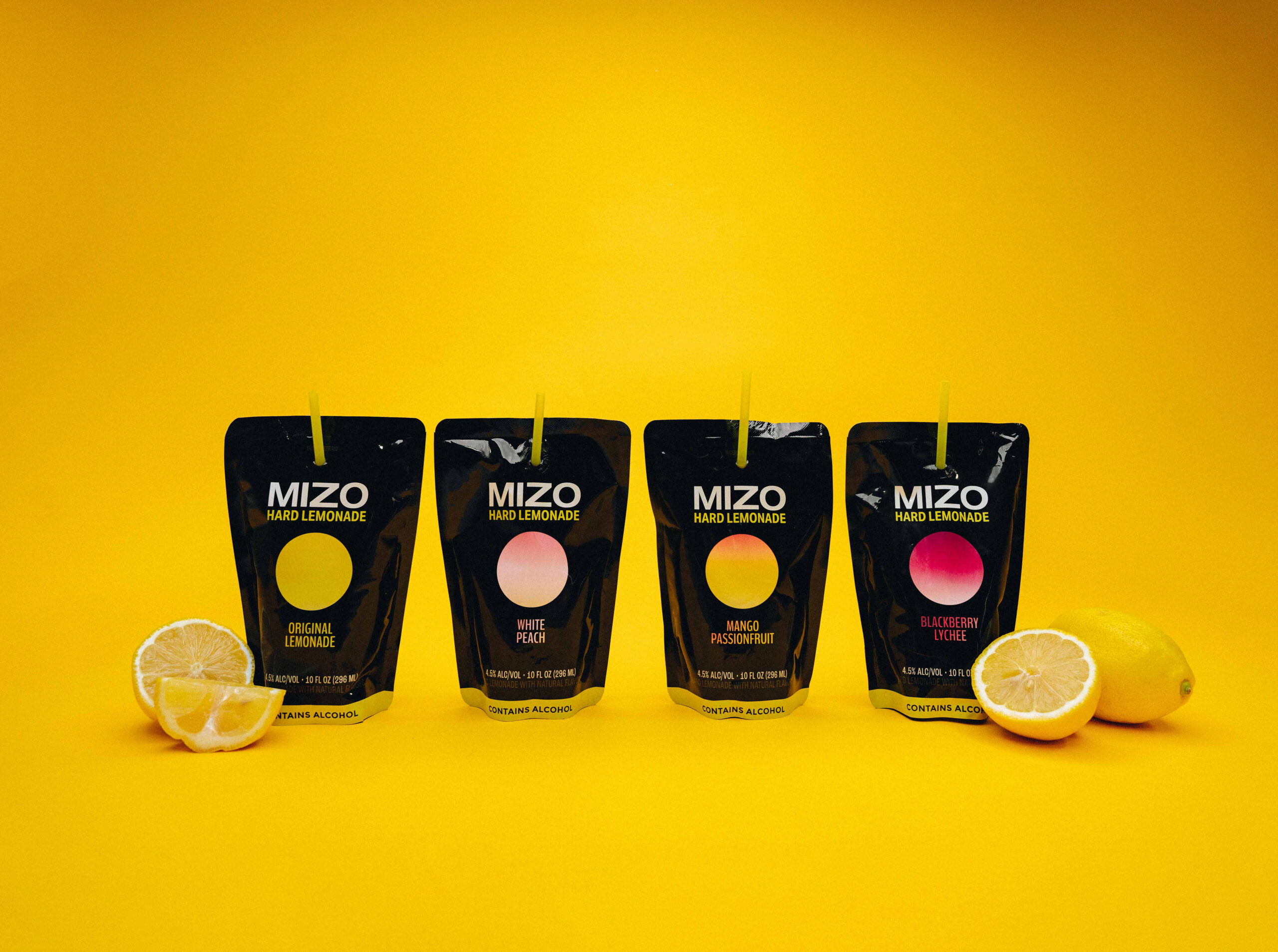
Say hello to sunshine because, in this new age of beauty and personal care, there is a much profound emphasis on the importance of sun protection factor (SPF). It safeguards our health and well-being from the grave risks of sunburn, skin aging, and worst, skin cancer.
Aided by today’s tech innovation and consumers’ special attention to skin health, we see established and up-and-coming brands developing different sun care formulations to reach the desired effect. Meaning, expect that we’ll be hearing various terms in the next few months, thus adding confusion as to which brand and product should be added to our carts. But before you hop to your favorite store and choose if you want a water-resistant or dewy finish (because, let’s face it, you can’t have it all, pal), you ought to understand first if what you need is a sunblock or a sunscreen.
Which SPF do you need?
Sunblock vs. sunscreen. What’s the difference? Which is better? These are among the most common questions to the two biggest categories in the sun protection market. Despite similar names and objectives, they work differently. From their “prefixes” alone, sunblock is a physical way of protecting your skin from being penetrated by ultraviolet (UV) rays. It uses mineral ingredients, typically including zinc oxide or titanium oxide, and sits on top of the skin to act as a barrier and “block” sun and artificial radiation.
On the other hand, sunscreen is a chemical defense that usually contains avobenzone, oxybenzone, and para-aminobenzoic acid (PABA). These ingredients filter or “screen” UV rays by penetrating the skin and absorbing UV rays before they reach deep within and cause photodamage.
Sunblocks and sunscreens’ different ingredients and formulations are some of the initial basis for consumers’ preferences. Since sunblocks work as a physical shield, they often leave white casts that feel greasier on the skin and might cause clogging of the pores. These factors should be carefully considered by individuals with oily or acne-prone skin. Sunblocks’ thick and heavy consistency can trap sweat and sebum.
Sunscreens’ absorption feature makes it relatively easy for users to rub into the skin. It sounds like a good catch, but new studies have confirmed that their chemical ingredients enter your bloodstream. However, there’s nothing to panic about (as of this writing) because it is still unknown if it’s a cause for concern.
So, is sunblock or sunscreen better? Should you buy a SunPlay lotion shield or a Supergoop sunscreen after this NeedThat article? All sunblocks and sunscreens come with an SPF and can give protection from the sun. Ultimately, the best option now boils down to the brand and its product/s that match your needs – or beliefs, even! It could be with a serum, through a wipe, or made with vegan and ocean-friendly production. Generally, just ensure it has these important labels: water and sweat-resistant, broad-spectrum, sensitive skin, SPF 30 or higher.
Better yet, when in doubt, consulting physicians or skincare experts can further guide you in choosing the best sun protection for your unique requirements and problems.
Check NeedThat to stay ahead of what’s hot and not in the consumer industry. We provide product reviews, comparisons, guides, and small business discoveries.



